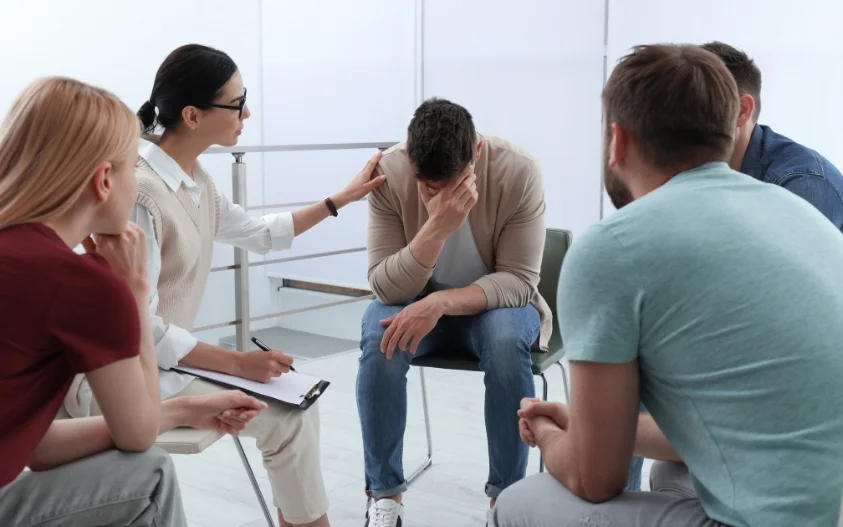24/7 Helpline:
(866) 899-111424/7 Helpline:
(866) 899-1114
Learn more about Bipolar Disorder Treatment centers in Mecklenburg County
Bipolar Disorder Treatment in Other Counties
Other Categories in Mecklenburg County

Carolinas HealthCare System Behavioral Health
Carolinas HealthCare System Behavioral Health offers a variety of mental health and substances abuse...

Hammett Counseling And Consulting
Hammett Counseling And Consulting is a public rehab located in Cornelius, North Carolina. Hammett Co...



































































Triple Play Farm
Triple Play Farm is a private rehab located in Davidson, North Carolina. Triple Play Farm specialize...

Crossroads Reentry Ministries – CRM
Crossroads Reentry Ministries - CRM is a Non-Profit rehab center located in Huntersville, NC. Crossr...

































Other Insurance Options

Ceridian

BlueCross

Health Net

Lucent

Horizon Healthcare Service

Sutter
Beacon

Medical Mutual of Ohio

WellPoint

Carleon

Highmark

Optima

State Farm

Meritain

Absolute Total Care

Amerigroup

Health Partners

Access to Recovery (ATR) Voucher

Cigna

Self-pay options